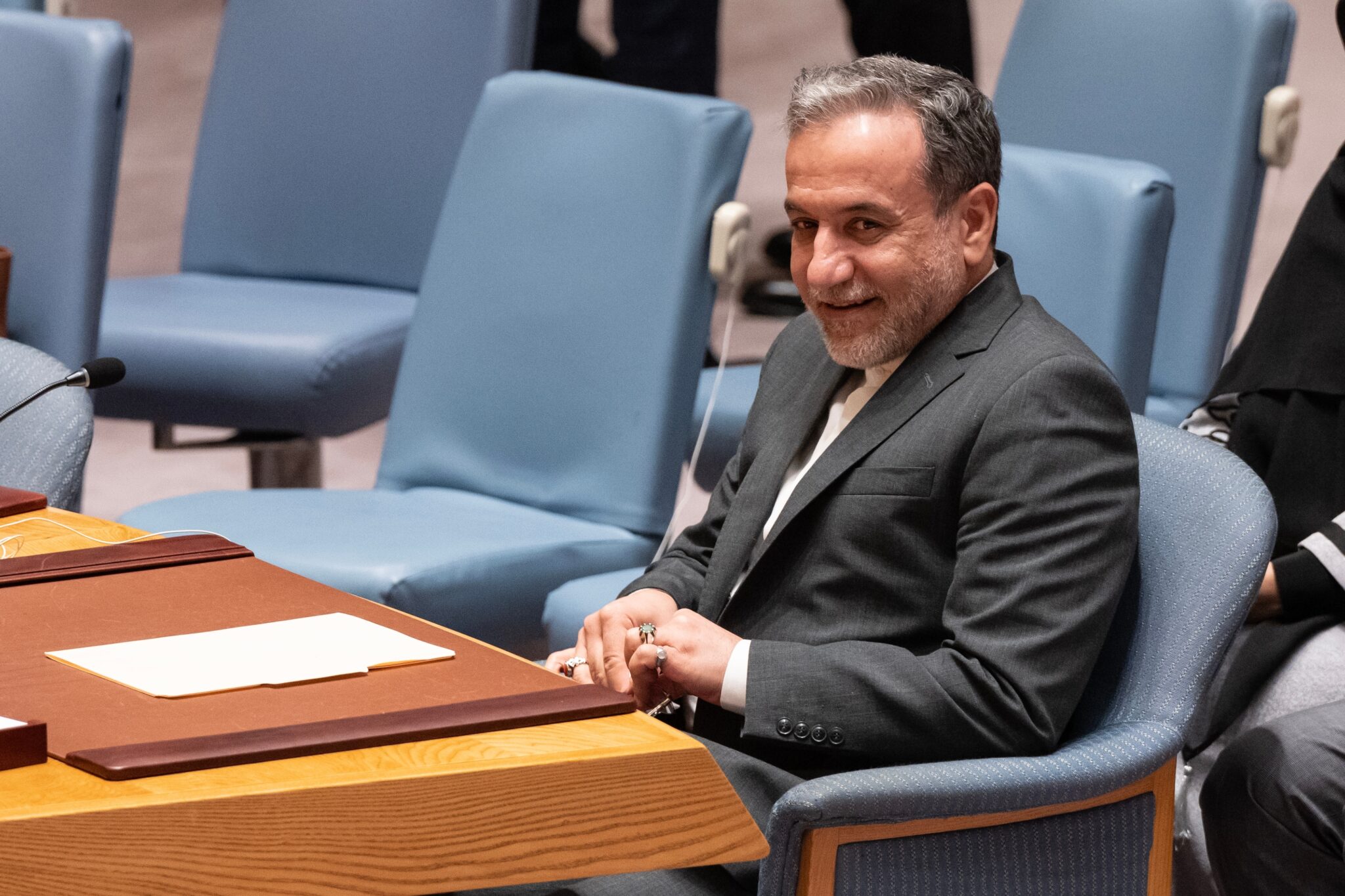New Demands Freeze U.S.-Iran Nuclear Diplomacy

Iran has dramatically escalated diplomatic tensions by demanding the United States pay war reparations as a non-negotiable precondition before any nuclear talks can resume, marking an unprecedented linkage between military compensation and nuclear diplomacy.
Story Highlights
- Iran’s Foreign Minister demands U.S. compensation for damages from last month’s 12-day conflict before nuclear negotiations resume
- Tehran also requires guarantees that America won’t attack during future diplomatic talks
- The demand represents an unprecedented escalation in Iran’s negotiating position
- Nuclear diplomacy remains frozen as Iran hardens its stance against U.S. engagement
Iran Sets Unprecedented Preconditions for Nuclear Diplomacy
Iran’s Foreign Minister Abbas Araghchi delivered a stark ultimatum to the Trump administration through an interview with the Financial Times, declaring that Tehran will refuse all nuclear negotiations until Washington compensates Iran for damages sustained during last month’s military conflict. The Iranian official’s statement represents a dramatic departure from traditional diplomatic protocols, directly linking war reparations to nuclear talks in a move that effectively freezes any prospect of renewed engagement between the two nations.
Iran’s Foreign Minister Abbas Araghchi has demanded that the US pay compensation for the damage inflicted during last month’s war, as a condition for resuming nuclear negotiations. In an interview with the Financial Times, Araghchi warned that the “road to negotiation is narrow”… pic.twitter.com/jCCBRAaE5t
— Middle East Monitor (@MiddleEastMnt) July 31, 2025
Araghchi’s demands extend beyond financial compensation, requiring explicit U.S. guarantees that American forces will not launch attacks during future negotiations. The foreign minister stated, “They should explain why they attacked us in the middle of negotiations, and they have to ensure that they are not going to repeat that during future talks. And they have to compensate Iran for the damage that they have done.” This hardline position reflects Iran’s calculation that it can extract significant concessions by leveraging the recent military confrontation as diplomatic currency.
Watch: Iran’s Foreign Minister demands U.S. compensation for damages
Military Conflict Reshapes Diplomatic Landscape
The current standoff stems from a 12-day conflict in July 2025 that saw direct U.S. military involvement alongside Israel in striking Iranian nuclear facilities. The Trump administration justified its participation by citing intelligence indicating Iran’s imminent weaponization efforts, a claim that Iranian officials vehemently dispute. The conflict resulted in significant damage to Iranian infrastructure, providing Tehran with the rationale for its compensation demands while simultaneously strengthening hardline factions within Iran’s political establishment.
Iran’s strategy appears designed to shift blame for the breakdown in diplomatic engagement while positioning itself as the aggrieved party seeking justice. However, this approach fundamentally misunderstands American resolve and the Trump administration’s unwillingness to reward Iranian aggression with financial payments. The demand for reparations ignores Iran’s decades of support for terrorism, proxy warfare, and nuclear program violations that necessitated the military response in the first place.
Trump Administration Faces Strategic Challenge
President Trump’s team now confronts a diplomatic puzzle that requires balancing firm American principles with the strategic imperative of preventing Iranian nuclear weaponization. The administration’s silence on Iran’s compensation demands signals a likely rejection of Tehran’s preconditions, consistent with Trump’s previous approach of maximum pressure rather than appeasement. U.S. envoy Steve Witkoff’s attempts to restart dialogue have encountered Iran’s insistence on “real confidence-building measures,” a euphemism for American concessions that would reward Iranian intransigence.
